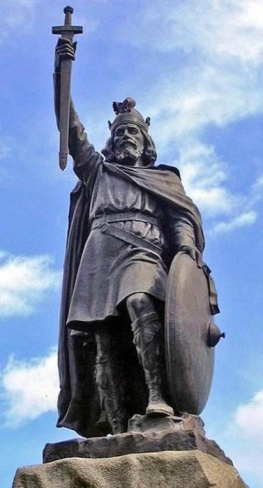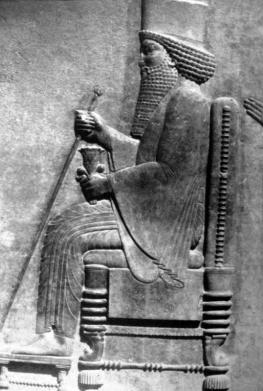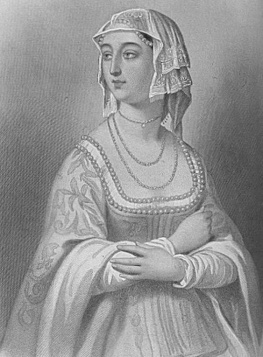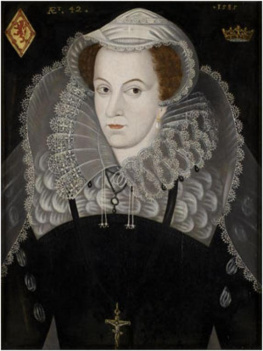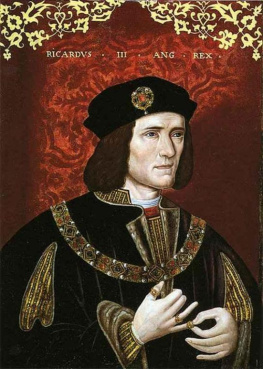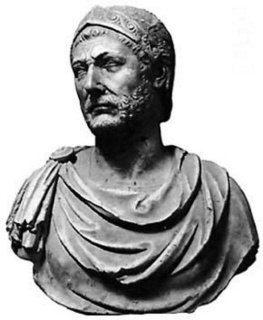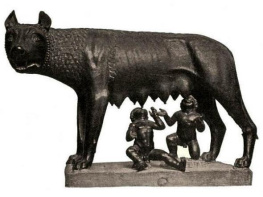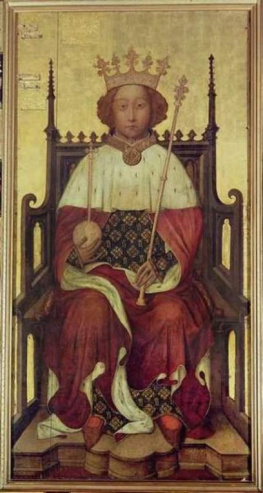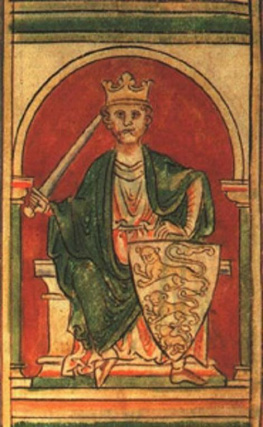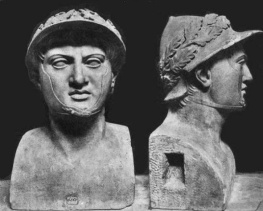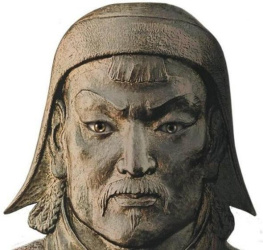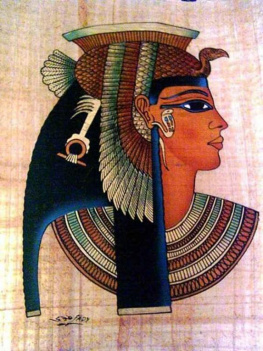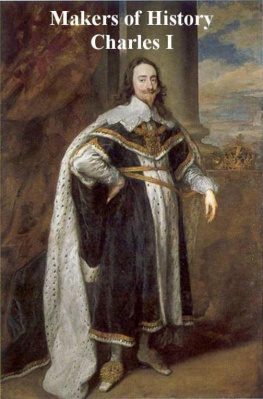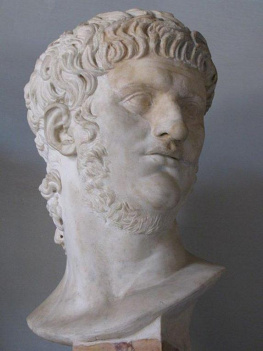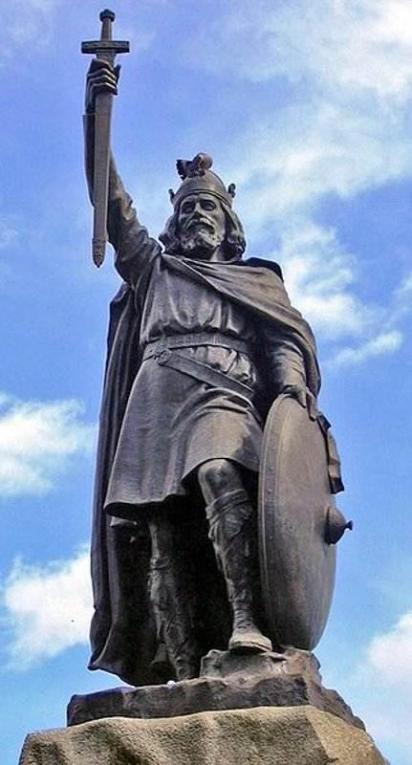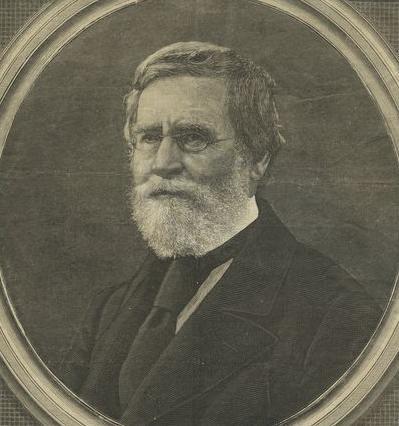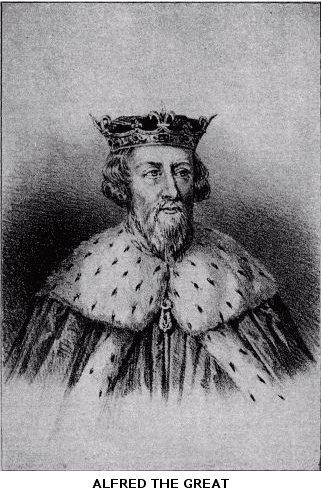MAKERS of HISTORY
KING ALFRED OF ENGLAND
by
JACOB ABBOTT
ILLUSTRATED
NEW YORK AND LONDON
HARPER & BROTHERS
PUBLISHERS
Entered, according to Act of Congress, in the year one thousand
eight hundred and forty-nine, by
HARPER & BROTHERS,
In the Clerks Office of the District Court of the Southern District
of New York.
Table of Contents
ILLUSTRATIONS
PREFACE.
It is the object of this series of histories to present a clear, distinct, and connected narrative of the lives of those great personages who have in various ages of the world made themselves celebrated as leaders among mankind, and, by the part they have taken in the public affairs of great nations, have exerted the widest influence on the history of the human race. The end which the author has had in view is twofold: first, to communicate such information in respect to the subjects of his narratives as is important for the general reader to possess; and, secondly, to draw such moral lessons from the events described and the characters delineated as they may legitimately teach to the people of the present age. Though written in a direct and simple style, they are intended for, and addressed to, minds possessed of some considerable degree of maturity, for such minds only can fully appreciate the character and action which exhibits itself, as nearly all that is described in these volumes does, in close combination with the conduct and policy of governments, and the great events of international history.
CHAPTER I. THE BRITONS .
Alfred the Great figures in history as the founder, in some sense, of the British monarchy. Of that long succession of sovereigns who have held the scepter of that monarchy, and whose government has exerted so vast an influence on the condition and welfare of mankind, he was not, indeed, actually the first. There were several lines of insignificant princes before him, who governed such portions of the kingdom as they individually possessed, more like semi-savage chieftains than English kings. Alfred followed these by the principle of hereditary right, and spent his life in laying broad and deep the foundations on which the enormous superstructure of the British empire has since been reared. If the tales respecting his character and deeds which have come down to us are at all worthy of belief, he was an honest, conscientious, disinterested, and far-seeing statesman. If the system of hereditary succession would always furnish such sovereigns for mankind, the principle of loyalty would have held its place much longer in the world than it is now likely to do, and great nations, now republican, would have been saved a vast deal of trouble and toil expended in the election of their rulers.
Although the period of King Alfreds reign seems a very remote one as we look back toward it from the present day, it was still eight hundred years after the Christian era that he ascended his throne. Tolerable authentic history of the British realm mounts up through these eight hundred years to the time of Julius Csar. Beyond this the ground is covered by a series of romantic and fabulous tales, pretending to be history, which extend back eight hundred years further to the days of Solomon; so that a much longer portion of the story of that extraordinary island comes before than since the days of Alfred. In respect, however to all that pertains to the interest and importance of the narrative, the exploits and the arrangements of Alfred are the beginning.
The histories, in fact, of all nations, ancient and modern, run back always into misty regions of romance and fable. Before arts and letters arrived at such a state of progress as that public events could be recorded in writing, tradition was the only means of handing down the memory of events from generation to generation; and tradition, among semi-savages, changes every thing it touches into romantic and marvelous fiction.
The stories connected with the earliest discovery and settlement of Great Britain afford very good illustrations of the nature of these fabulous tales. The following may serve as a specimen:
At the close of the Trojan war, AEneas retired with a company of Trojans, who escaped from the city with him, and, after a great variety of adventures, which Virgil has related, he landed and settled in Italy. Here, in process of time, he had a grandson named Silvius, who had a son named Brutus, Brutus being thus AEneass great-grandson.
One day, while Brutus was hunting in the forests, he accidentally killed his father with an arrow. His father was at that time King of Albaa region of Italy near the spot on which Rome was subsequently builtand the accident brought Brutus under such suspicions, and exposed him to such dangers, that he fled from the country. After various wanderings he at last reached Greece, where he collected a number of Trojan followers, whom he found roaming about the country, and formed them into an army. With this half-savage force he attacked a king of the country named Pandrasus. Brutus was successful in the war, and Pandrasus was taken prisoner. This compelled Pandrasus to sue for peace, and peace was concluded on the following very extraordinary terms:
Pandrasus was to give Brutus his daughter Imogena for a wife, and a fleet of ships as her dowry. Brutus, on the other hand, was to take his wife and all his followers on board of his fleet, and sail away and seek a home in some other quarter of the globe. This plan of a monarchs purchasing his own ransom and peace for his realm from a band of roaming robbers, by offering the leader of them his daughter for a wife, however strange to our ideas, was very characteristic of the times. Imogena must have found it a hard alternative to choose between such a husband and such a father.
Brutus, with his fleet and his bride, betook themselves to sea, and within a short time landed on a deserted island, where they found the ruins of a city. Here there was an ancient temple of Diana, and an image of the goddess, which image was endued with the power of uttering oracular responses to those who consulted it with proper ceremonies and forms. Brutus consulted this oracle on the question in what land he should find a place of final settlement. His address to it was in ancient verse, which some chronicler has turned into English rhyme as follows:
Goddess of shades and huntress, who at will
Walkst on the rolling sphere, and through the deep,
On thy third reign, the earth, look now and tell
What land, what seat of rest thou biddst me seek?
To which the oracle returned the following answer:
Far to the west, in the ocean wide,
Beyond the realm of Gaul a land there lies
Sea-girt it lieswhere giants dwelt of old.
Now void, it fits thy people; thither bend
Thy course; there shalt thou find a lasting home.
It is scarcely necessary to say that this meant Britain. Brutus, following the directions which the oracle had given him, set sail from the island, and proceeded to the westward through the Mediterranean Sea. He arrived at the Pillars of Hercules. This was the name by which the Rock of Gibraltar and the corresponding promontory on the opposite coast, across the straits, were called in those days; these cliffs having been built, according to ancient tales, by Hercules, as monuments set up to mark the extreme limits of his western wanderings. Brutus passed through the strait, and then, turning northward, coasted along the shores of Spain.

